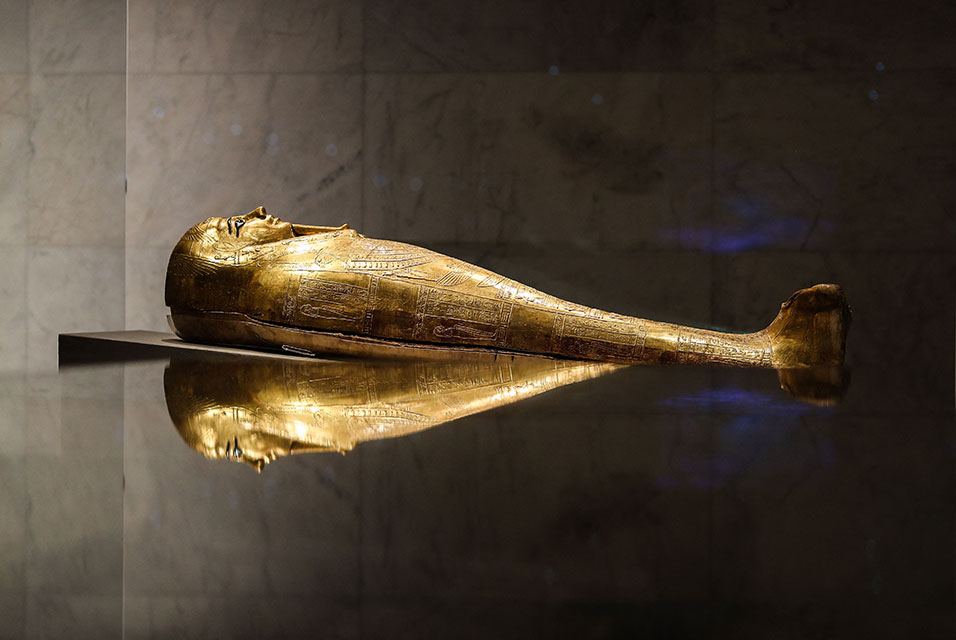TOKYO (AFP).- Japanese Nobel laureate Isamu Akasaki, who won the physics prize for pioneering energy-efficient LED lighting -- a weapon against global warming and poverty -- has died aged 92, his university said Friday.
Akasaki won the 2014 prize with two other scientists, Hiroshi Amano and Shuji Nakamura. Together they developed the blue light-emitting diode, described as a "revolutionary" invention by the Nobel jury.
He died of pneumonia on Thursday morning at a hospital in the city of Nagoya, according to a statement on the website of Meijo University, where Akasaki had been a professor.
LED lamps last for tens of thousands of hours and use just a fraction of energy compared with the incandescent lightbulb pioneered by Thomas Edison in the 19th century.
Red and green diodes had been around for a long time, but devising a blue LED was the holy grail, as all three colours need to be mixed to recreate the white light of the Sun.
The trio made their breakthrough in the 1990s, after three long decades of dogged work, when they managed to coax bright blue beams from semiconductors.
"Their inventions were revolutionary. Incandescent light bulbs lit the 20th century. The 21st century will be lit by LED lamps," the Nobel jury said in 2014.
As well as providing the missing piece of the puzzle for bright white lamps, their breakthrough also helped develop the colour LED screens used in smartphones and a plethora of modern tech.
After winning the prize, Akasaki had advice for young researchers: "Don't be fooled by fashionable subjects. Do whatever you like if it's really what you want to do."
"At first, it was said that this could not be invented during the 20th century. A lot of people left (the research project), but I never considered doing so," he said.
Born in 1929 in Kagoshima in southern Japan, Akasaki graduated from the prestigious Kyoto University in 1952.
After working for several years as a researcher at Kobe Kogyo Corporation -- now Fujitsu -- he began his academic career at Nagoya University in 1959.
In an interview published by Meijo University in 2010, he described the trio's struggle to earn recognition for their work.
"When we announced in 1981 results which were important at that time at an international conference, there was no reaction. I felt alone in the wilderness," he said.
"But I was determined not to quit this research, even if I was alone."
© Agence France-Presse










